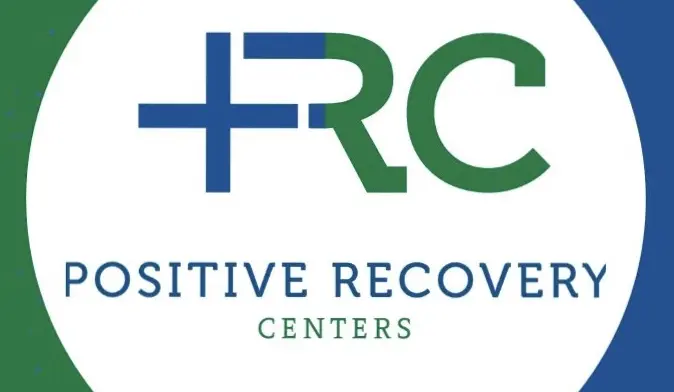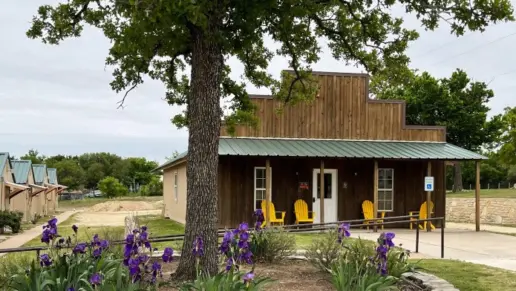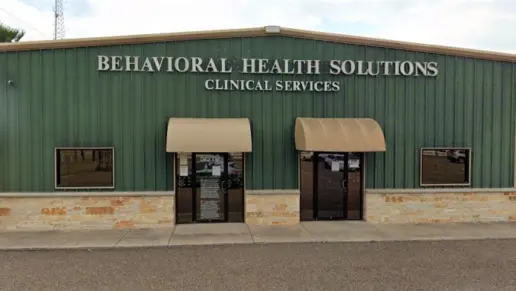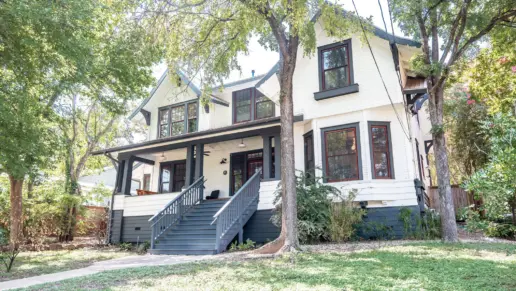About Positive Recovery Center – Austin
Positive Recovery Center - Austin is located in Austin, Texas, and offers dedicated programs to adults struggling with drug and alcohol abuse. This drug rehab facility provides medical detox, residential treatment, partial hospitalization, intensive outpatient, and teletherapy services.
Positive Recovery offers detox programs for alcohol, Adderall, benzodiazepine, opioids, prescriptions, and stimulants. Believing that each substance requires its own care, this facility incorporates medication to combat withdrawals associated with each substance. Medical supervision is provided 24/7 to help monitor the client while they wean themselves off of the abused substance.
Residential treatment follows detox where the client will live in a supportive environment and focus on their recovery. Furthermore, the residential program provides a structured routine while the client attends individual and group counseling, family therapy, self-reflection, group outings, and other activities. There are three separate houses available for the program located outside of Austin, Texas.
There are several outpatient programs that range in intensity of care. At the most intense level of partial hospitalization, clients attend daily treatment sessions of individual and group therapy. As progress is made, daily sessions turn to weekly sessions and then to telehealth check-ins until the client can use the skills learned in treatment and function on their own. Aftercare services are provided to support the client for long-term recovery.
Various insurance plans are accepted at this facility which include Aetna, American Behavioral, Beacon Health Options/Carelon, BHS, BlueCross and BlueShield, and Cenpatico. Furthermore, Cigna and Evernorth, Community First Health, ComPsych, Coventry, EHN – Employer’s Health Network – Web TPA, and Health EZ are also accepted. Those with out-of-network benefits are advised to contact their provider to verify their coverage.
Location
Location
Accepted Insurance
Other Forms of Payment
Self-pay involves paying for treatment out of your own pocket. You can use savings or credit, get a personal loan, or receive help from family and friends to fund your treatment. If you don't have insurance or your insurance plan doesn't cover a specific program, self-pay can help ensure you still get the care you need.
Private insurance refers to any kind of healthcare coverage that isn't from the state or federal government. This includes individual and family plans offered by an employer or purchased from the Insurance Marketplace. Every plan will have different requirements and out of pocket costs so be sure to get the full details before you start treatment.
Financial aid can take many forms. Centers may have grants or scholarships available to clients who meet eligibility requirements. Programs that receive SAMHSA grants may have financial aid available for those who need treatment as well. Grants and scholarships can help you pai for treatment without having to repay.
Medicaid is a state based program that helps lower-income individuals and families pay for healthcare. Medicaid covers addiction treatment so those enrolled can use their coverage to pay for rehab. When a program accepts Medicaid the client often pays very little or nothing out of their own pocket.
Addiction Treatments
Levels of Care
Treatments
Substance rehabs focus on helping individuals recover from substance abuse, including alcohol and drug addiction (both illegal and prescription drugs). They often include the opportunity to engage in both individual as well as group therapy.
Programs



Clinical Services
Research clearly demonstrates that recovery is far more successful and sustainable when loved ones like family members participate in rehab and substance abuse treatment. Genetic factors may be at play when it comes to drug and alcohol addiction, as well as mental health issues. Family dynamics often play a critical role in addiction triggers, and if properly educated, family members can be a strong source of support when it comes to rehabilitation.
Group therapy is any therapeutic work that happens in a group (not one-on-one). There are a number of different group therapy modalities, including support groups, experiential therapy, psycho-education, and more. Group therapy involves treatment as well as processing interaction between group members.
In individual therapy, a patient meets one-on-one with a trained psychologist or counselor. Therapy is a pivotal part of effective substance abuse treatment, as it often covers root causes of addiction, including challenges faced by the patient in their social, family, and work/school life.
Life skills trainings involve all the skills a person must have in order to function successfully in the world. These include time management, career guidance, money management, and effective communication. Truly successful addiction recovery is based on the ability to not only live substance-free, but to thrive. Life skills teaches the practical necessities of functioning in society, which sets clients up for success in life, and therefore sobriety.
Amenities
-
Private Setting
Accreditations

The Joint Commission, formerly known as JCAHO, is a nonprofit organization that accredits rehab organizations and programs. Founded in 1951, the Joint Commision's mission is to improve the quality of patient care and demonstrating the quality of patient care.
Joint Commission Accreditation: Yes

The National Association of Addiction Treatment Providers (NAATP) is a professional association that represents organizations in the field of addiction services. Founded in 1978, NAATP's mission is to advance addiction services and ensure that high-quality addiction treatment is available and accessible.
NAATP Member: Yes

State Licenses are permits issued by government agencies that allow rehab organizations to conduct business legally within a certain geographical area. Typically, the kind of program a rehab facility offers, along with its physical location, determines which licenses are required to operate legally.
State License: Texas
Contact Information
4701 Westgate Blvd., Suite D 404
Austin, TX 78745












